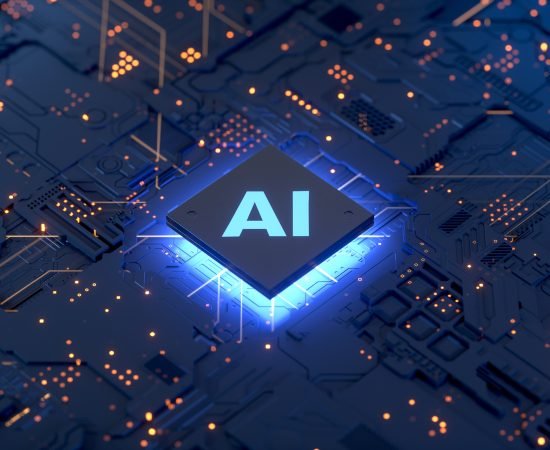AI, or artificial intelligence, has the capability to perform a wide range of tasks and functions. Here are some of the things AI can do:
Natural Language Processing (NLP):
AI can understand and process human language, allowing it to interpret and respond to written or spoken input. NLP powers various applications like chatbots, language translation, voice assistants, and sentiment analysis.
Machine Learning (ML):
AI systems can learn from data and improve their performance over time. Machine learning algorithms enable tasks such as image recognition, speech recognition, recommendation systems, fraud detection, and predictive analytics.
Computer Vision:
AI can analyze and interpret visual information from images and videos. Computer vision enables tasks like object recognition, image classification, facial recognition, autonomous vehicles, and medical imaging analysis.
Robotics:
AI plays a crucial role in robotics by enabling machines to perceive their environment, make decisions, and perform physical tasks. Robots powered by AI can be used in manufacturing, healthcare, agriculture, exploration, and various other industries.
Data Analysis:
AI algorithms can process and analyze large volumes of data to extract insights, detect patterns, and make predictions. This aids businesses in making data-driven decisions, understanding customer behavior, and optimizing processes.
Speech Recognition and Synthesis:
AI-powered speech recognition systems can convert spoken language into text, enabling voice commands, transcription services, and voice-controlled devices. AI can also synthesize human-like speech, giving rise to applications like text-to-speech technology.
Autonomous Systems:
AI enables the development of autonomous systems that can operate and make decisions without human intervention. This includes self-driving cars, unmanned aerial vehicles (drones), autonomous robots, and smart home automation.
Personalization:
AI can analyze user preferences, behaviors, and historical data to deliver personalized experiences and recommendations. This is commonly seen in online shopping, content streaming platforms, and targeted marketing.
Virtual Assistants:
AI-powered virtual assistants like Siri, Alexa, and Google Assistant can understand natural language commands, answer questions, perform tasks, and assist users in various ways.
Creative Applications:
AI can be used in creative fields such as art, music, and content creation. It can generate artwork, compose music, write articles, and even create deepfake videos.
It’s important to note that AI is a rapidly evolving field, and its capabilities continue to expand as technology advances. The potential applications of AI are vast, and it has the ability to revolutionize many industries and aspects of our daily lives.




